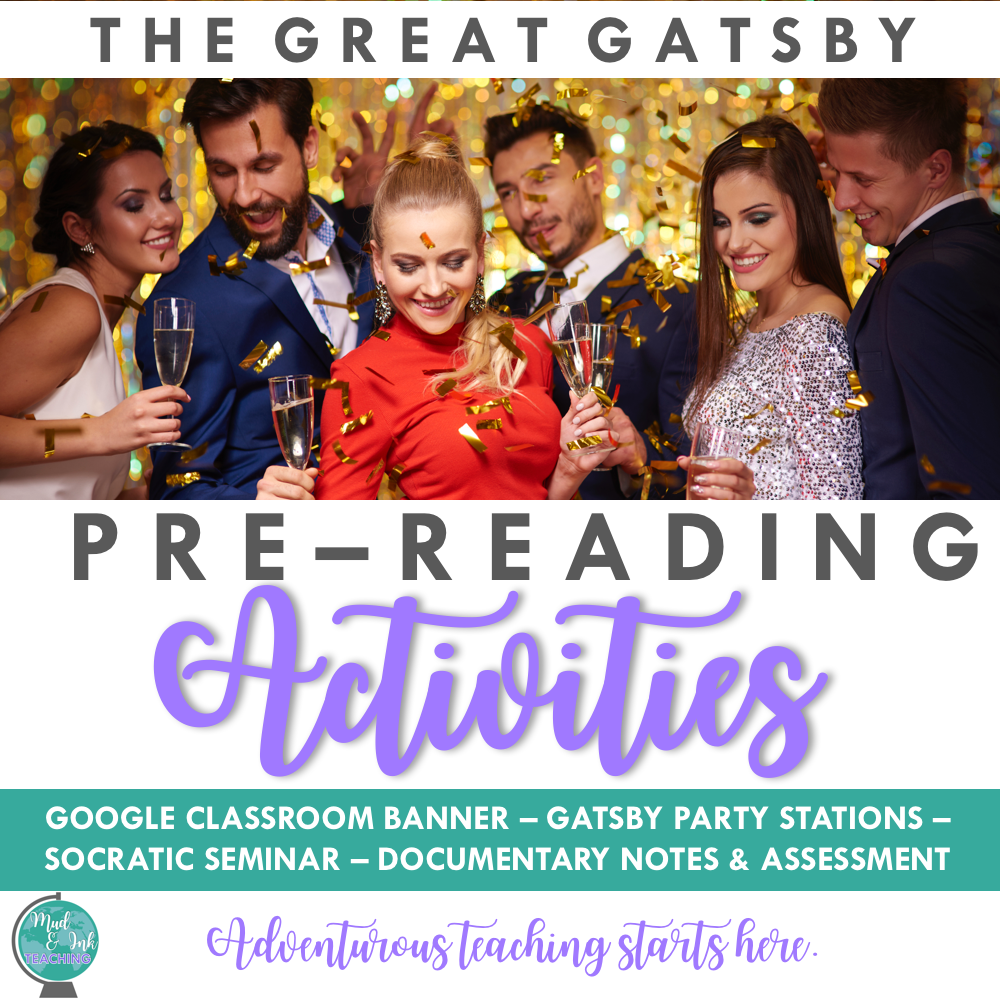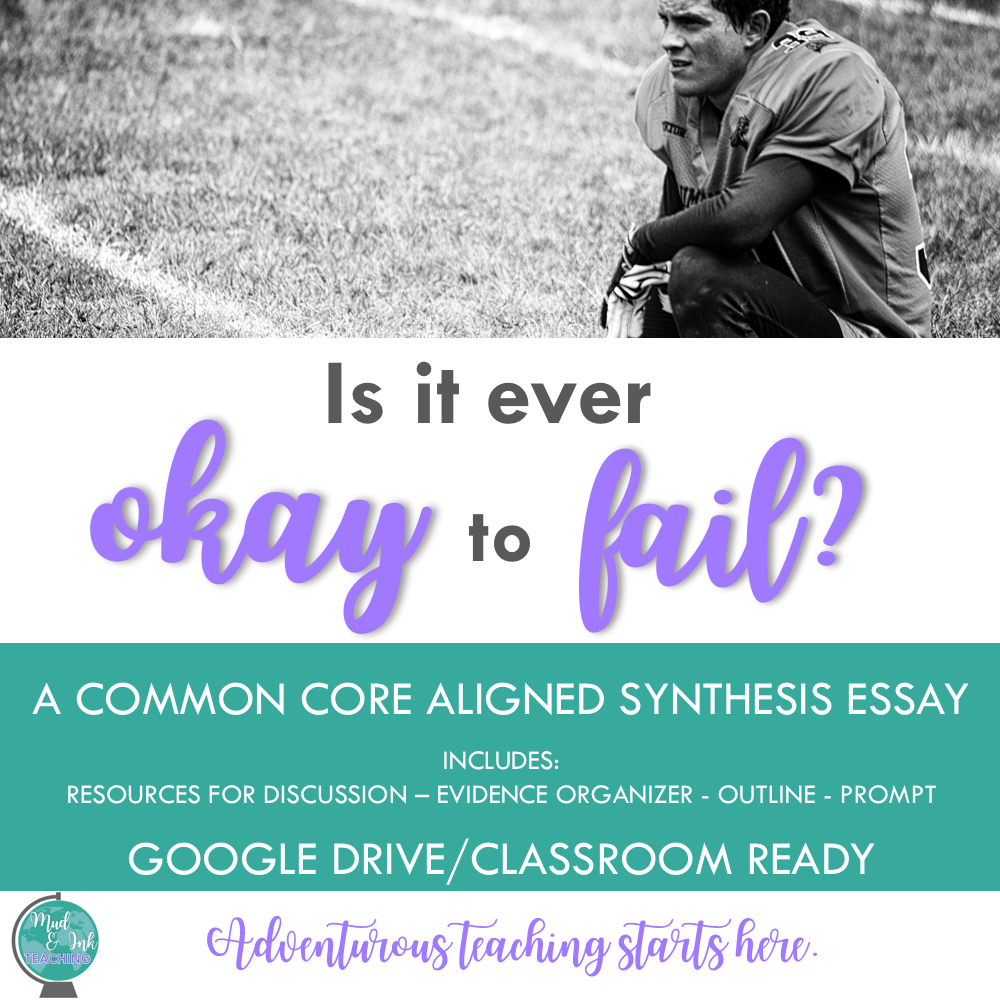3 Habits for Happy, Powerful Teachers
Teaching is HARD. These are three habits that helped me ease some of the pressure of the demands of teaching. As with all habits, they take practice and small steps. I hope these help you feel like a boss in the classroom!
HABIT ONE: PLAN YOUR GRADING DAYS
This one took me years to learn, but once it became habit, the stress of grading significantly changed in my life. In backwards planning, we know to start with the assessment and plan our calendar backwards from there. But here’s what I started doing: as soon as I knew what that assessment was going to be, I decided right there exactly how many days I would give myself to GRADE that assessment. I started building my grading days into my plan for the unit. This helped me in so many ways:
Grading wasn’t happening magically whenever I found a free plan period or weekend hour. Grading was happening in a set time frame. Grading “in bulk” was a massive time saver — the more of the same essay I read back to back the easier it was to detect patterns across my classes of struggles and successes, making the subsequent revision lesson that much easier to plan.
Grading wasn’t a panic before the end of a marking period. If I knew that a marking period ended on a Friday, I would have decided that I needed four days for grading. Knowing this, I planned the assessment for the Friday BEFORE the end of the marking period, rather than a closer date. This ensured that I had the days I needed to grade and also accommodated any students that required extended time or were absent.
If you’re looking for more grading tips and advice, I’ve got you covered! I did an entire podcast episode about this and you might just hear a little nugget of wisdom to help you on your journey. Give it a listen below!
HABIT TWO: START EVERY PLANNING MEETING WITH ASSESSMENT
Okay, I promise I know how tempting it is to plan the fun stuff. The intro week, the gateway activity…it’s all so exciting and probably the most engaging part of your unit to come. But it’s time to start a new habit — one you might have to very consciously force yourself to practice: start with the assessment. At every team meeting, every time you sit down to plan, check in with the assessment. Are you making progress toward that assessment? Have you introduced and practiced the rubric with students? Are the lessons you’re planning building the skills needed to perform on that assessment?
This is a big switch. I used to start my planning with impulses. With new ideas I found online. It was energizing at first, but after a while, we were scattered and all over the place with tons of ideas, but no direction. Making the little habit switch to focusing on the assessment is one of the best ways I’ve found to help me with decision fatigue. Was it an awesome idea that I found on Instagram? Sure, but does it help students prepare for the assessment? If the answer was yes, then green light! If not, then it goes in the save pile for another unit.
HABIT THREE: PERFECT YOUR MONDAY ROUTINE
The Sunday Scaries are real. The anxiety, pit-of-your-stomach pain of a Sunday night with no idea what’s coming for Monday absolutely destroys any chance at resting on the day that you actually need REST. Here’s the third and final habit that will change your teaching life: create and stick to a Monday routine.
For me? Monday is all about formative assessment. For the most part, students are almost always finishing an assigned reading for Monday. I like to assign reading in large chunks and include weekend time to get that reading done, so Mondays in my classroom are dedicated to formatively assessing that reading.
There are so many benefits to assessing on a Monday:
Kids are coming off of a weekend which is the most realistic time frame that they have to accomplish reading outside of school.
The energy level is usually pretty low, so forcing a discussion or something interactive is usually pretty hard. Taking a quiz matches their energy level on a Monday.
Attendance is usually better at the start of the week than at the end
Assessment at the start of the week gives me usable instructional information about students to use throughout the week.
All of these are massive benefits to building up the habit of keeping a consistent Monday routine. If Mondays are planned, you are RESTING on the weekend OR using your creative energy for other things. Panicked energy is usually wasted energy, so let’s conserve those sparks of inspiration when you have them to something productive!
I’d love to share more with you about my Monday plans, so when you have a chance, give this episode of the Brave New Teaching Podcast a listen:
If you’ve got your planning down but are still looking for a way to shake up the way you run those formative assessments, take a look at the Brave New Teaching FREE Masterclass: Down with the Reading Quiz! You’ll learn all about my favorite Monday formative: the Sesame Stree Quiz. I promise you’ll never look back!




























